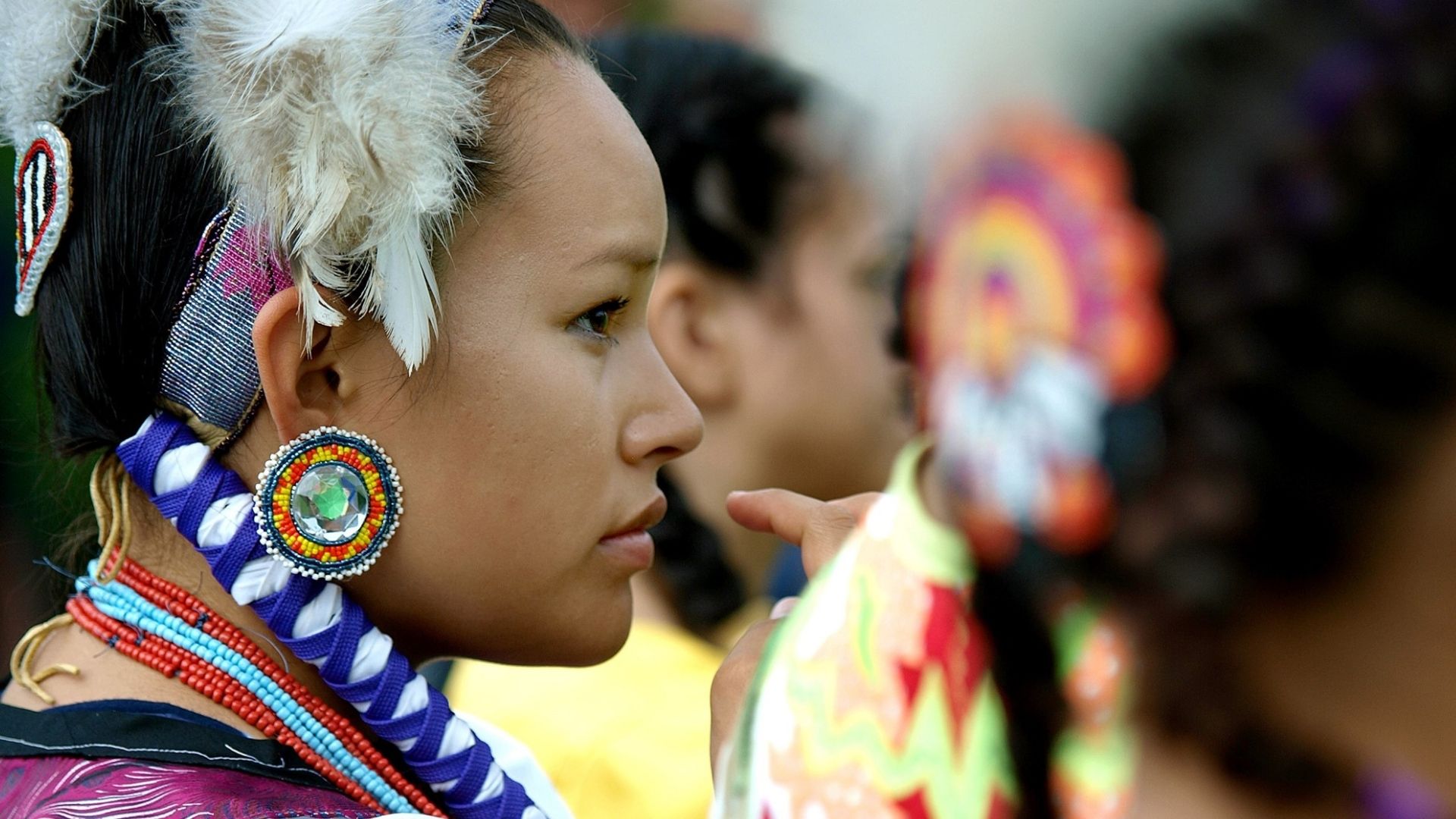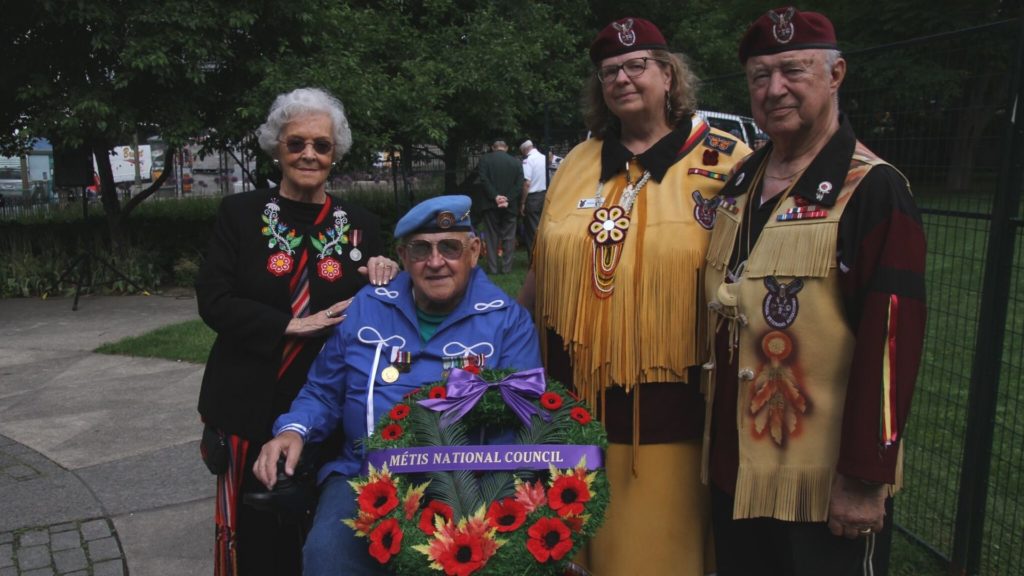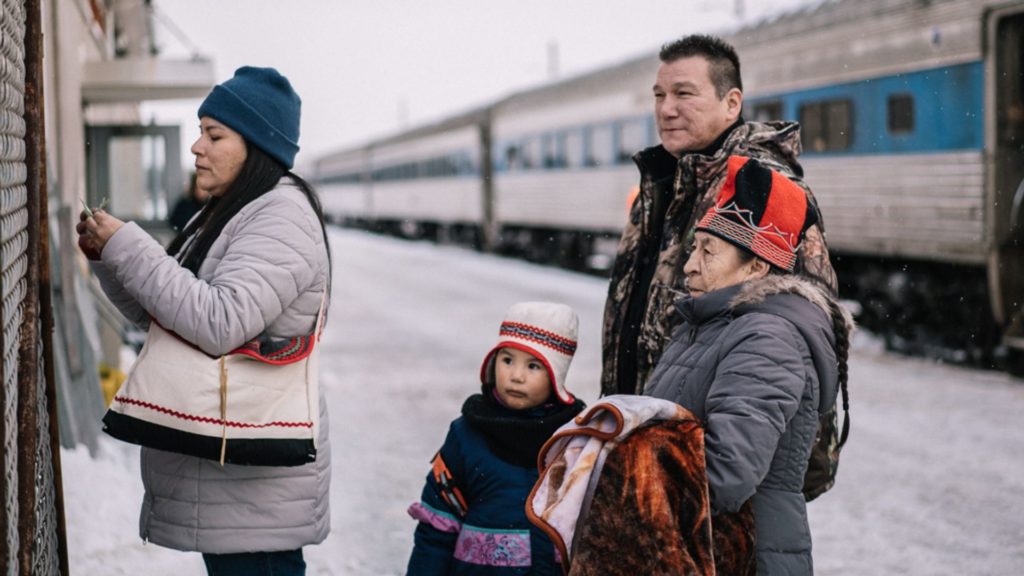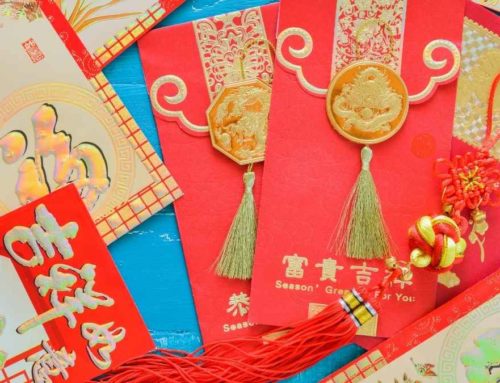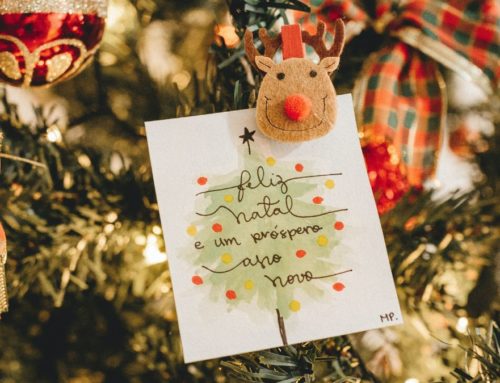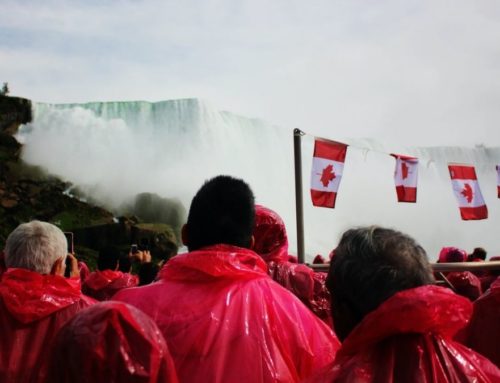Thursday, September 30 marks the National Day for Truth and Reconciliation. This day provides an opportunity to reflect upon the legacy of residential schools in Canada and the importance for all of us to understand the challenges and pain this has inflicted upon Canada’s Indigenous communities. LAT’s team is diverse. We all come from different parts of the world and believe that embracing one another’s experiences, language and culture helps develop empathy and understanding. With this in mind, we hereby reflect on this symbolic day and what it stands for. Our clients rely on us for their urgent translation and marketing needs, so we cannot pause for a full day off to honour this important occasion. However, we’ve asked our team to make time in their day to observe 1 hour of silence in order to reflect on our nation’s history.
What does Truth and Reconciliation mean for Indigenous people?
Reconciliation means “the act of restoring friendship or harmony.” However, for Indigenous individuals across the country, there’s ongoing debate that this is the right term to be using. A CBC article in 2019 highlighted that some leaders believe a new word is needed.
“Reconciliation means that you had a good relationship to begin with and then you’re reconciling the relationship,” said Sandlanee Gid, her traditional name, instructor of Reconciliation Studies through the University of British Columbia and the Haida Gwaii Higher Education Society.
This illustrates the complexities and nuances of language in describing what our goals as a nation should be. Sandlanee Gid and other community leaders believe that before reconciliation can even occur, we must first adopt a process of conciliation, meaning “the action of mediating between two disputing people or groups.” The key to this pathway is honesty and transparency about our past. In the same article, Joanne Mills, Executive Director of the Fraser Region Aboriginal Centre in Surrey said that “people should go and educate themselves to learn the truth.”
Where can we learn more about our Indigenous Culture in Canada?
While preparing this article, our team reached out to the Indigenous Leadership Initiative and was recommended three organizations as good resources to learn more about Indigenous Culture. They can even point you in the right direction to assist in finding the best contacts if you wish to speak with someone directly. We encourage you to visit the websites for:
Read online about residential schools in Canada
The National Day for Truth and Reconciliation aims to ensure that the tragic history and ongoing legacy of residential schools is never forgotten. As a starting point for online research, we recommend the following:
- Your questions answered about Canada’s residential school system. Article from CBC News, June 04, 2021.
- The Story of Orange Shirt Day. Phyllis (Jack) Webstad’s story in her own words
- Where are the Children buried? Report by Dr. Scott Hamilton (Dept. of Anthropology, Lakehead University Thunder Bay, Ontario)
- Remains of Children of Kamloops Residential School Discovered. Press release from Kamloops Indian Band (Office of the Chief RosAnne Casimir)
Short and feature films about Canada’s Indigenous Communities
From past to present, watch stories to learn not only about Aboriginal history but also about contemporary Indigenous culture.
- 5 Films to Watch for Indigenous History Month (EN & FR)
- Dix projets qui mettent en valeur la parole et les savoir-faire autochtones (FR)
- National Film Board: films by Indigenous filmmakers & films about Indigenous peoples in Canada (EN & FR)
- LAT staff recommendations (French): Hochelaga, terre des âmes, 2017; Le peuple invisible, 2012; Kuessipan, 2019
- LAT staff recommendations (English): Hochelaga, Land of Souls, 2017; The Invisible Nation, 2012; Kuessipan, 2019
Learn about the diversity of Indigenous languages in Canada
Indigenous Canada comprises three Aboriginal groups (First Nations, Métis and Inuit) who speak over 60 languages. LAT is a big supporter of language diversity in our country. We believe that learning about different languages promotes understanding and respect of other cultures, which makes our community stronger. To find out more about Indigenous languages in Canada, please visit:
- Our blog post about Canada’s Inuit Languages
- Assembly of First Nations – Language & Culture Overview & Resources
- Why Indigenous languages matter. Article from Canadian Geographic, October 1, 2019
- Mapping Indigenous languages in Canada. Article from Canadian Geographic, December 15, 2017
LAT specializes in engaging with Canada’s diverse marketplace. Reach out to learn more about our language and cultural adaptation services.
Main article photo courtesy of: Assembly of First Nations (Facebook)

